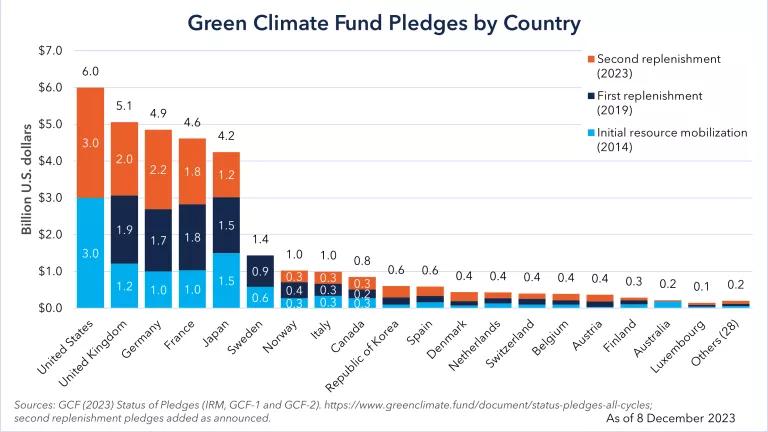California Moves Ahead with New Climate & Air Quality Bills
The California legislature today passed an air quality and climate package that will extend California’s market-based cap-and-trade program to 2030 and improve air quality in neighborhoods plagued by traffic and industrial pollution.
Passage of this legislation, which Governor Jerry Brown is expected to sign, was the right move at the right time for the state—and a signal to the rest of the world that California is intent on continuing its global climate leadership. The two-bill package—which included hard-fought compromises with labor and more—was supported by NRDC and dozens of environmental and public health groups, representing millions of Californians across the state.
Assembly Bill 398, authored by Eduardo Garcia, extends California’s cap-and-trade program to 2030, to ensure that California achieves its aggressive targets to reduce the dangerous emissions driving climate change. Assembly Bill 617, by Cristina Garcia, Eduardo Garcia, and Miguel Santiago, includes critical new measures to improve air quality in local communities. Overall the two-bill package, which reached the supermajority threshold required for passage, moves California closer to a clean, low-carbon future for all our communities.
Cap-and-trade is a backstop for California’s groundbreaking, comprehensive plan to reduce dangerous climate pollution. The legislature set aggressive new carbon-cutting targets last year, and extending cap-and-trade through 2030 helps ensure that the state will meet those new goals—a 40 percent statewide reduction below 1990 levels by 2030, the toughest in North America. The bill also locks in the state’s authority to use proceeds from cap-and-trade to scale up clean energy development, particularly in disadvantaged communities.
California’s climate policies have already injected $48 billion into California’s economy and created more than 500,000 jobs, according to the nonpartisan business group Environmental Entrepreneurs (E2).
AB 617 addresses air pollution in communities that have suffer too long from air quality problems due to traffic and industrial pollution. The bill expedites the cleanup of old equipment at oil refineries and other large facilities that have been polluting the air for decades. It also enhances the tools that regulators need to hold polluters accountable. The bill sets up community-level action plans to improve air quality in the neighborhoods that need it most. We've got a lot of work to do to make sure these new laws are implemented and enforced aggressively, and backed up by dedicated funding. NRDC will fight hard to make sure that happens.
With no help coming from the federal government these days, states and local governments need to step up their efforts to reduce carbon pollution and protect public health. By working together to create legislation to meet climate goals and protect vulnerable communities, California legislators are setting a much-needed example for the nation and the world.


